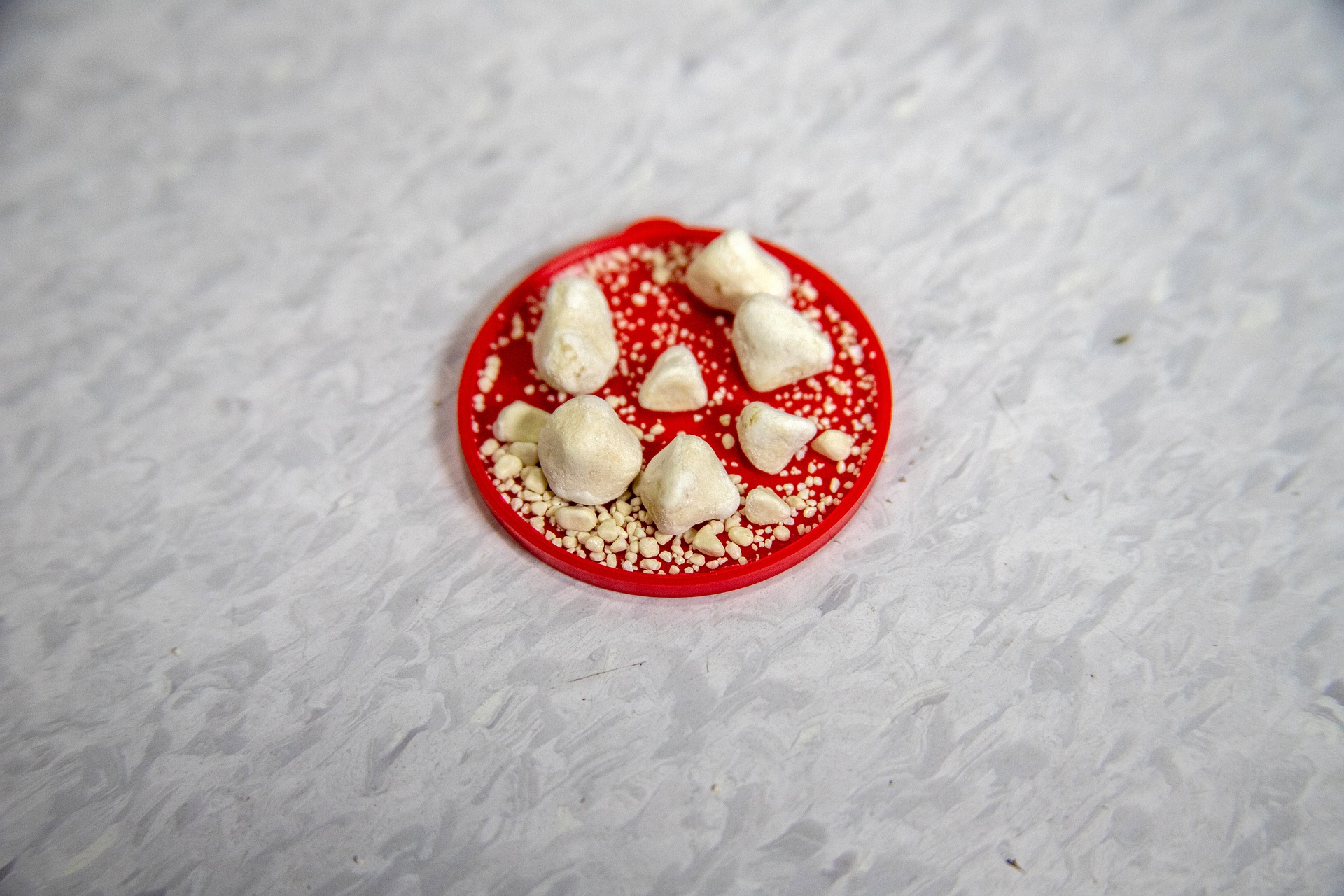In any medical procedure, it is essential that you understand the intricacies involved in the recovery process to ensure good results. A vasectomy is no different. While it is a simple procedure that takes a urologist no more than a few hours to execute, there are still some considerations that are difficult to ignore. However, before we go into those considerations, let’s have a look at how vasectomies work.
A vasectomy is a procedure wherein a urologist severs the vas deferens, which is a tube connecting the testes and other parts of the male reproductive system to the penis. However, it is important to note that this procedure does not affect semen production. It only prevents a man’s ability to incorporate sperm cells into his semen.
During the operation, the urologist typically makes two cuts in the scrotum with a scalpel, then stitches this wound up. Some vasectomies don’t involve scalpels and instead sever the vas deferens through a small hole. The latter is often favored by both patients and urologists, as it can reduce the recovery time and the risk of complications.
After this procedure, the semen that a man ejaculates will no longer contain sperm, preventing unwanted pregnancies.
Vasectomies are designed to be a permanent contraceptive solution that does not affect sexual function. Nevertheless, it is important to wait at least two weeks before you attempt sexual intercourse. You can expect pain and swelling within this recovery period, and it is best to avoid sex until all these symptoms go away, as it can aggravate the symptoms and cause further injuries.
While it is possible to masturbate during the vasectomy waiting period, ejaculation might become painful because of the muscle contractions that are involved.
When your symptoms have abated, make sure to check in with your doctor before having unprotected sex, as it can take three months before your sperm count drops to zero. Just to reiterate the point: it is still possible to get your partner pregnant in the three-month recovery period.
In the hands of an expert urologist, vasectomies can be up to 99 percent effective with low risk of complications. The first few ejaculations after the procedure might be uncomfortable, but this should fade with time. In exceedingly rare cases, some men experience some chronic pain from sperm build-ups or nerve damage, but generally, this procedure is completed without a hitch.
In the event of unexpected or lingering pain in the vasectomy’s recovery period, it is best to consult your doctor about your options. There are likely plenty of solutions your urologist can offer to help the symptoms abate.
Getting a vasectomy is an important decision in a man’s life. Not only can it be essential for better and easier family planning, but it could also offer peace of mind to a person who does not want any unexpected pregnancies to happen. That being said, it is still important to understand how it works and what to expect in the vasectomy’s waiting and recovery period so that you can better handle it when the time comes.
If you decide to get a vasectomy and wish to enlist the help of the best urologist in New Jersey, send us a message at UUANJ. We have the expertise to help you get through this procedure easily.
All content found on the UUANJ.COM Website, including text, images, audio, or other formats were created for informational purposes only. The content is not intended to be a substitute for professional medical advice, diagnosis, or treatment. Always seek the advice of your physician or other qualified health providers with any questions you may have regarding a medical condition. Never disregard professional medical advice or delay in seeking it because of something you have read on this website. If you think you may have a medical emergency, call your doctor, go to the emergency department, or call 911 immediately.


